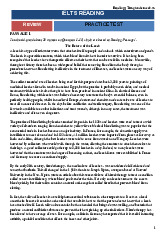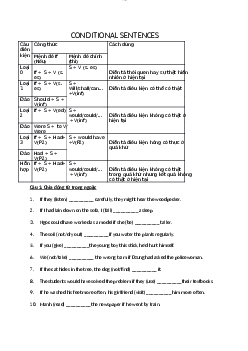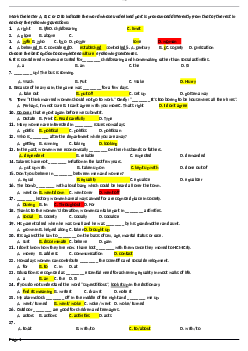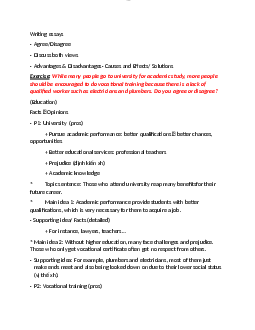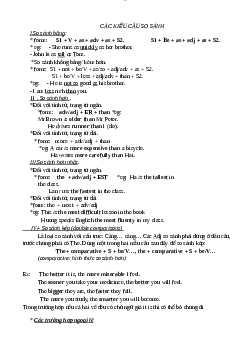
Preview text:
Nowadays young people often lack an understanding of how to manage their finances after they finish high
school. Explain why they do not know how to manage money and how this can be changed.
Today, it is increasingly common for young people, especially high school graduates, to suffer from a serious lack of
financial management skills. In this essay, I would like to identify the reasons why this is happening as well as
suggesting several measures that can be taken to rectify it.
To begin with, due to the demands of the economy, many parents are spending too much time at work and too
little time at home with their children. To compensate for their absence and to assuage a deep sense of guilt that
this absence engenders them, these1 parents tend to give their children very generous monthly allowances,
which2 the latter can freely spend. As a result, many teenagers and adolescents, recipients of a substantial amount
of money for which they do not have to work,3 tend to take their income for granted and do not develop the habit
of saving or spending it wisely. To fix this situation, parents should revise their policies and make their children
work for their allowances, which, instead of being over-generous, should be set at a reasonable amount that only
suffices their most legitimate needs.
Secondly, under the influence of the excessive consumerism in many societies, more and more young people are
associating material possessions with own their self-worth and the worthiness of others. For example, the
ownership of the latest technological devices now helps teenagers and adolescents to show their peers that they
belong to a family of means and avoid a sense of social inferiority. In contrast, not possessing these status symbols
can cause a loss of self-esteem and feelings of not fitting in. Consequently, this mindset is exerting a tremendous
pressure on young people to spend and over-spend their money. A solution here is for schools to promote
laudable values of social responsibility, charity and frugality in students by involving them community and charity
work. By helping the less fortunate in society and realizing that their time and money can be better spent for more
noble purposes, young people may consciously combat the pernicious influence that excessive consumerism is exerting on them.4
In conclusion, there are a few reasons why many high school graduates are hopelessly mismanaging their personal
finances, and measures should be immediately taken to tackle this situation. Notes:
1. Dùng this/these + NP đ t o m ch l cể ạ ạ ạ
2. Dùng m nh đê quan h đ kéo dàiệ ệ ể 3. , NP , đ b nghĩaể ổ
4. Nêếu effects c a solution ch a rõ thì gi i thích thêmủ
